Part-time Positions (2) – Social Media Associate
Department of Epidemiology
Date(s): May 1, 2022 through May 31, 2023
Anticipated Hours: 8-10/week; semi-regular postings so not multi-hour blocks, for example.
Hourly Rate: $15.00
Apply by: May 9, interviews via Zoom May 10th and 11th Application: Email duncan [dot] mahood [at] emory [dot] edu with your resume and a brief description of your experience with social media.
———————————————————————–
The Department of Epidemiology is seeking two 1st year MPH or MSPH students to manage the Department’s Twitter and Instagram accounts, respectively. Strong candidates would have prior experience managing an organizational social media account (audience analysis, content and brand development, follower and engagement growth) and be comfortable with the task of building the brand of the department in their own voice and with their own style while still representing core values of the department.
The Department’s social media accounts (Twitter: @EmoryEPI, Instagram: @rollinsepilife) represent the voice and brand of the department. Key characteristics of the overall brand include:
– Community
– Collegiality and inclusion
– Academic rigor
– Integrity
– Ambition
Twitter: @EmoryEPI is a platform for sharing events, news, student and faculty spotlights, and generally academic-focused content associated with the department.
With the growth of #epitwitter over the last several years and the now substantial influence of epidemiologists online as a result of the COVID-19 pandemic, several faculty in the Department of Epidemiology have become authoritative and prominent voices on Twitter (especially, @cecilejanssens, @LCLindquist, @Jlguest, among others). As a result, the @EmoryEPI brand has grown substantially, with over 3,000 followers as of the start of this year.
A successful student would drive conversation on Twitter by engaging with current department influencers, sharing stories and publications related to current students and faculty, developing and sharing Confounder content related to our community (weekly #WeAreEmoryEpi and #PROspective posts), and further developing the brand and voice of the department within the context of #epitwitter. Managing the Department Twitter account requires a daily commitment, as you will receive notifications of tweets and tags on a daily basis. Applicants should be prepared to keep their Twitter notifications on and must be willing to take on a daily commitment in order to fully maximize the Department’s presence on Twitter.
Instagram: @rollinsepilife is a growing platform for showing the Master and PhD student experience through visual and digitally designed content.
Content Creation:
The social media associate will be asked to develop a wide variety of content, including photos, videos, and digital media. This responsibility may require the following:
· Taking photos and videos for the profile’s content
· Monitoring events that come through email to promote on IG
· Attending department events to collect content
· Create posters/graphics for events and announcements (Canva and/or Adobe Suite)
· Engage with peers and faculty
· Follow Instagram trends and use them in our feed
· Engage with followers
· Account Takeovers
Showing Rollins:
A successful associate would curate an Instagram feed showing students engaging in Rollins activities, academic pursuits, APEs, public health employment, volunteering, and at internships. Specifically, an ideal applicant would be comfortable recruiting and collaborating with a diverse group of students, professors, etc. to develop content – a task that requires confidence and composure speaking and working with a wide range of stakeholders throughout Rollins.
Follower Engagement:
Instagram, as a platform, is about promoting the idea of community and collegiality within the department, with the ultimate goal of recruiting a more engaged and activated pool of prospective applicants. A successful associate would engage followers by using various platform-specific techniques (links in stories, reels, stickers, polling, etc.) to encourage a sense of community and inclusivity.
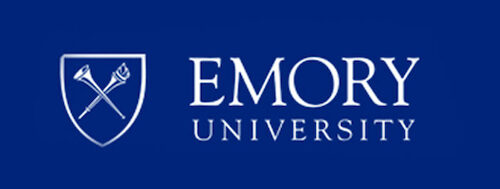
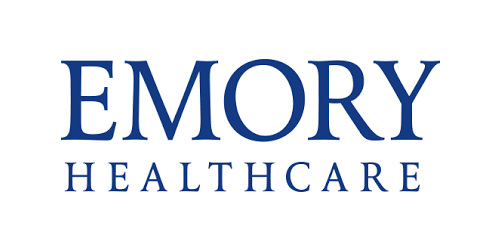
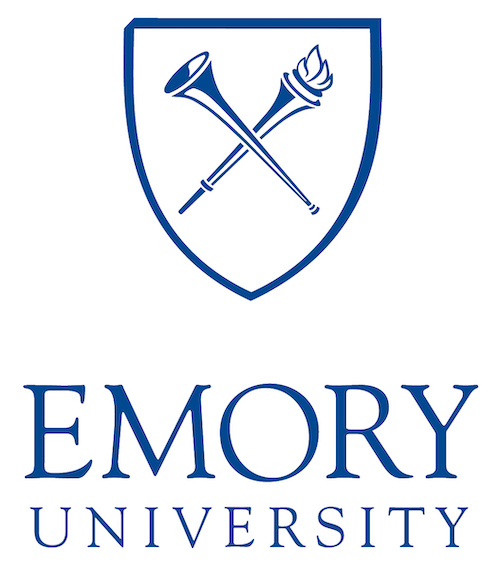
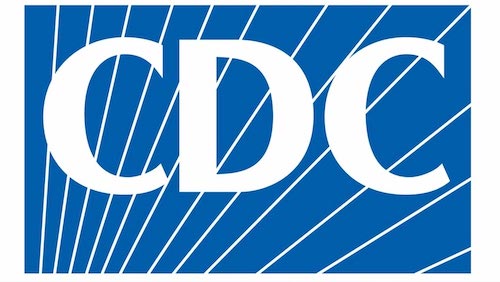

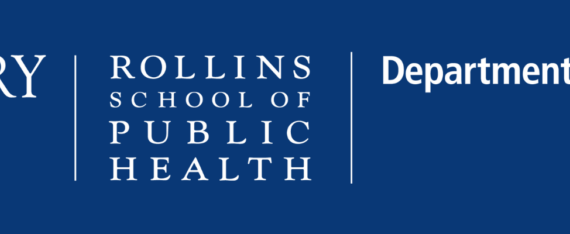
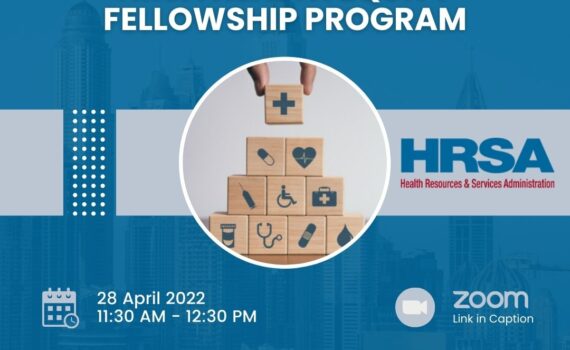
Recent Comments